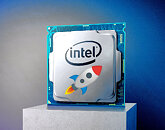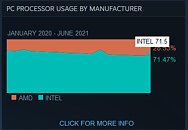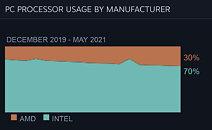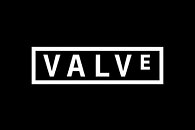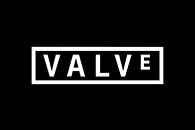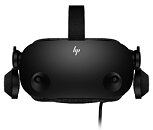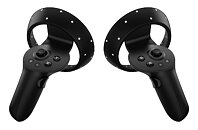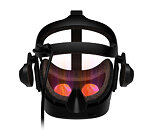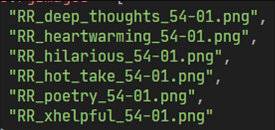
Valve Announces the Steam Deck Game Console
Valve announces Steam Deck, the first in a new category of handheld PC gaming devices starting at $399. Steam Deck is a powerful all-in-one portable PC. With a custom processor developed in cooperation with AMD, Steam Deck is comparable to a gaming laptop with the ability to run the latest AAA games. Your Steam library will be on Deck to play games wherever and whenever you want. Steam Deck is also an open PC, adding the ability to install any software or connect with any hardware.
"We think Steam Deck gives people another way to play the games they love on a high-performance device at a great price," says Valve founder Gabe Newell. "As a gamer, this is a product I've always wanted. And as a game developer, it's the mobile device I've always wanted for our partners." Steam Deck starts at $399, with increased storage options available for $529 and $649. Reservations open July 16th at 10 AM PDT; shipping is slated to start in December 2021.
"We think Steam Deck gives people another way to play the games they love on a high-performance device at a great price," says Valve founder Gabe Newell. "As a gamer, this is a product I've always wanted. And as a game developer, it's the mobile device I've always wanted for our partners." Steam Deck starts at $399, with increased storage options available for $529 and $649. Reservations open July 16th at 10 AM PDT; shipping is slated to start in December 2021.






